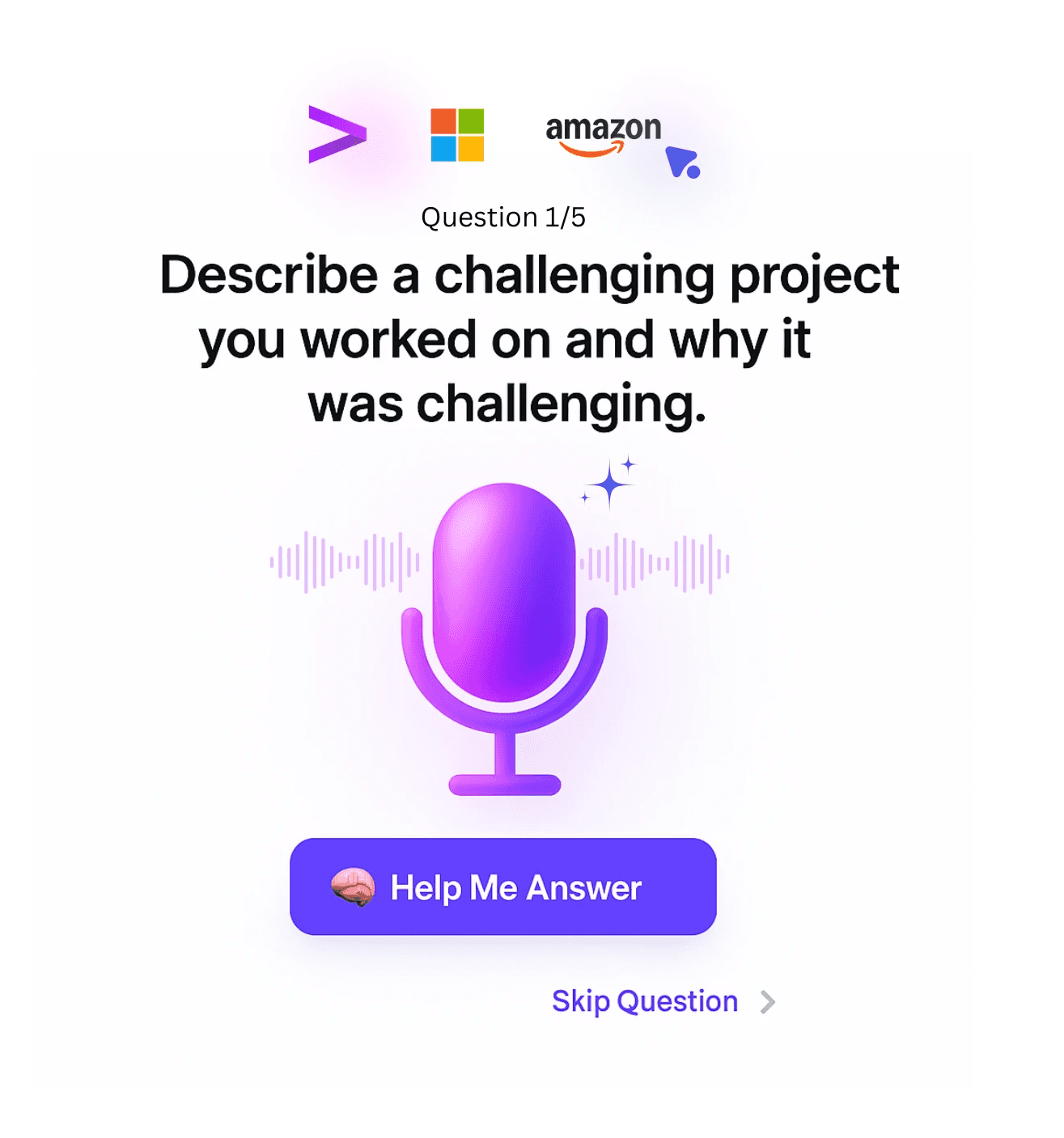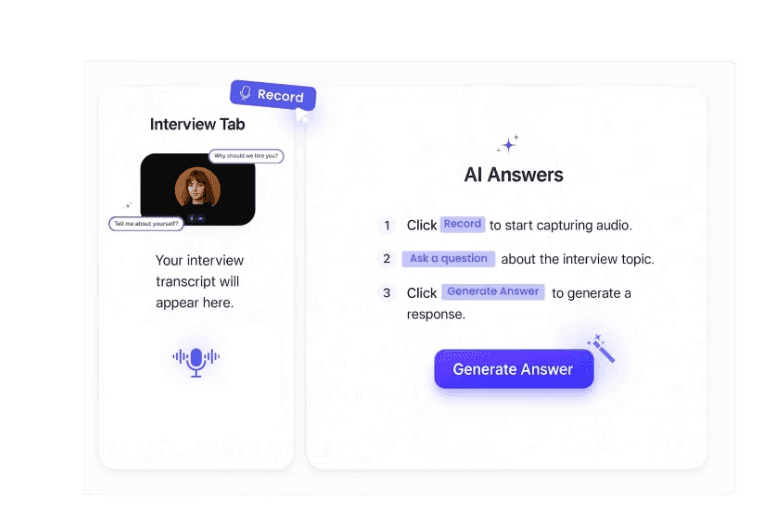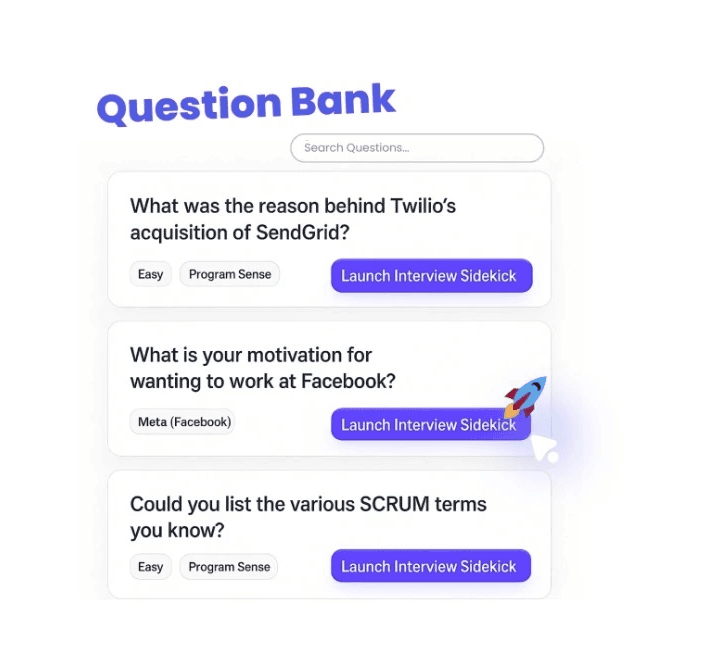The Ultimate Guide to SAP ABAP Interview Questions
Key Takeaway: Preparing for an SAP ABAP interview? Whether you’re applying for roles in India, Germany, the U.S., or anywhere in the global SAP ecosystem, knowing what to expect is key. This guide covers the most frequently asked SAP ABAP interview questions — from syntax and data dictionary basics to real-world scenario-based challenges and performance tuning. Plus, with Interview Sidekick’s smart prep engine, you can filter questions by experience level and role type, and even simulate SAP project-based questions to sharpen your edge before the big day.
Why SAP ABAP Interview Questions Go Beyond Syntax
If you're preparing for a role in SAP development, technical consulting, or ERP customization, expect a wave of SAP ABAP interview questions. ABAP (Advanced Business Application Programming) is at the heart of SAP's extensibility and business logic customization, so interviewers are looking for more than code memorization.
They want to know: Can you build scalable, maintainable solutions in real-world SAP environments?
This guide features essential SAP ABAP interview questions, structured STAR-based responses, and preparation strategies backed by Interview Sidekick.
What Employers Look for in SAP ABAP Interview Questions
Can you develop clean, modular ABAP code?
Are you experienced with reports, forms, and enhancements?
Do you understand performance optimization and debugging?
Can you collaborate with functional consultants and follow SAP best practices?
Core SAP ABAP Interview Questions and Answers
1. What is ABAP in SAP?
"ABAP (Advanced Business Application Programming) is SAP’s proprietary programming language used to build applications within the SAP ecosystem, especially for R/3 and S/4HANA systems."
2. What types of ABAP programs are there?
"Common types include: executable reports, module pool programs (dialog), function modules, BAPIs, classes (OO ABAP), and enhancements."
3. How do you optimize an ABAP program for performance?
"Techniques include using internal tables efficiently, avoiding nested SELECTs, minimizing database hits, leveraging SELECT SINGLE or FOR ALL ENTRIES appropriately, and using tools like ST05 and SAT for tracing."
4. What is a transparent table?
"A transparent table in SAP has a one-to-one mapping with a physical table in the database. It is used for storing application data."
STAR Method-Based SAP ABAP Interview Questions
Question: Tell me about a time you improved performance in an ABAP report.
Sample STAR Answer: "In a logistics project (Situation), a daily report was taking over 5 minutes to load for key users (Task). I analyzed the SQL using ST05 and found multiple redundant SELECT statements in loops (Action). I rewrote the logic using internal tables and FOR ALL ENTRIES, reducing the runtime to under 20 seconds (Result)."
Question: Describe a time you customized SAP without modifying the standard code.
Sample STAR Answer: "While working on an HR module (Situation), the client needed custom logic during employee onboarding without impacting upgrades (Task). I used a BAdI enhancement instead of modifying the standard function module (Action). This approach passed SAP audit checks and was easily transportable (Result)."
Advanced SAP ABAP Interview Questions
1. What are BAPIs?
"BAPIs (Business Application Programming Interfaces) are standardized programming interfaces (methods) that enable external access to SAP business objects."
2. What’s the difference between BAPI and RFC?
"BAPI is a type of RFC (Remote Function Call) that specifically works on business objects and adheres to standardization. All BAPIs are RFCs, but not all RFCs are BAPIs."
3. What is ALV?
"ALV (ABAP List Viewer) is a set of function modules and classes used to enhance the output of reports with sorting, filtering, totals, and better UI functionality."
4. What is the difference between classical and interactive reports?
"Classical reports display data in a single list. Interactive reports allow users to click on data to navigate into detailed views."
Real-World SAP ABAP Interview Questions
Have you worked with IDocs or EDI interfaces?
How do you handle debugging in live SAP environments?
What’s your approach to data migration using LSMW or BAPIs?
Describe a time you worked on a cross-module development project.
Use STAR answers to frame your impact on business process improvement, performance, or audit readiness.
Interview Sidekick Tips to Prepare for SAP ABAP Interview Questions

Keep 3–4 STAR stories ready that cover reporting, enhancements, and optimization.
Know your ABAP syntax, but also understand real-world project lifecycles.
Prepare to whiteboard technical architecture or logic during in-depth interviews.
Stay updated on modern ABAP (e.g., CDS Views, RAP model, S/4HANA extensions).
Use Interview Sidekick to simulate interviews and refine answers based on common SAP scenarios.
Final Thoughts: SAP ABAP Interview Questions Test More Than Code
In SAP, code supports processes and people. The best candidates don’t just understand ABAP—they align with business logic, compliance, and change management.
By using STAR-based responses, you show not only technical fluency but strategic thinking. With Interview Sidekick’s tools and practice prompts, you’ll walk into your SAP ABAP interview ready to impress.









